Log into WHM account. You can do it making use of the facts supplied in the welcome electronic mail you acquired following acquiring hosting.
Navigate to the DNS functions portion and click on the Edit DNS Zone menu:
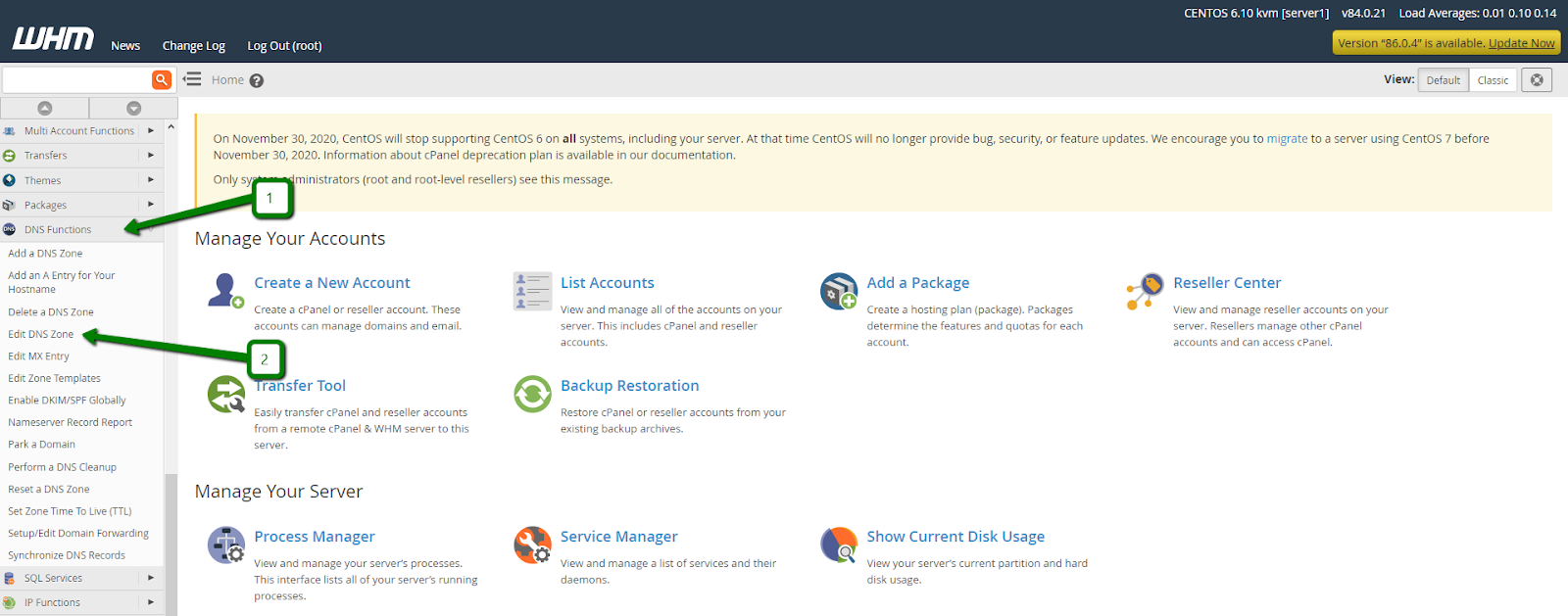
Enter your domain in the look for bar, pick out it from the list and click Edit:
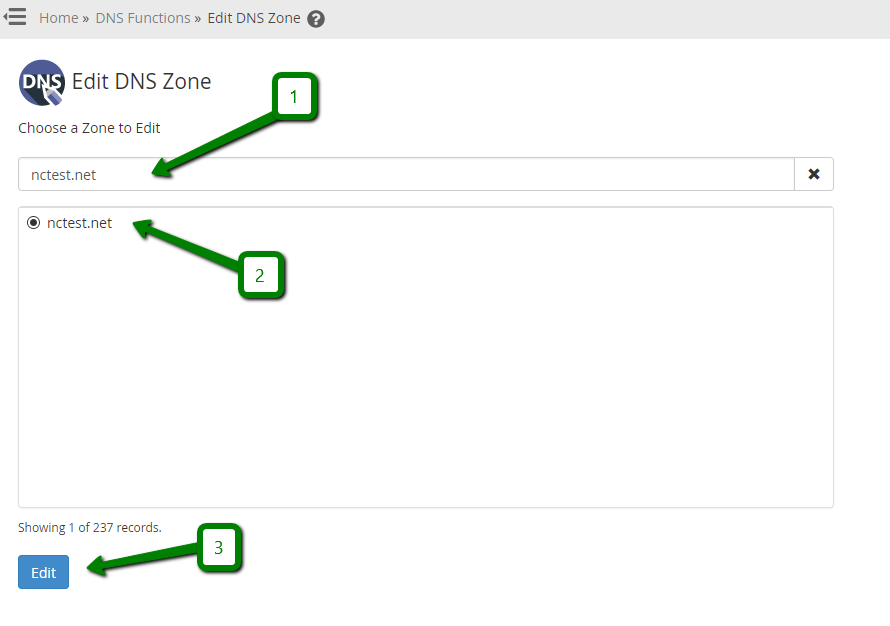
In the up coming menu, you can build new host records and edit the current ones.
To edit the current document, find it in the checklist at the prime of the web page, click on the required history field to modify its worth. Click on Preserve at the base of the website page to affirm the transform.
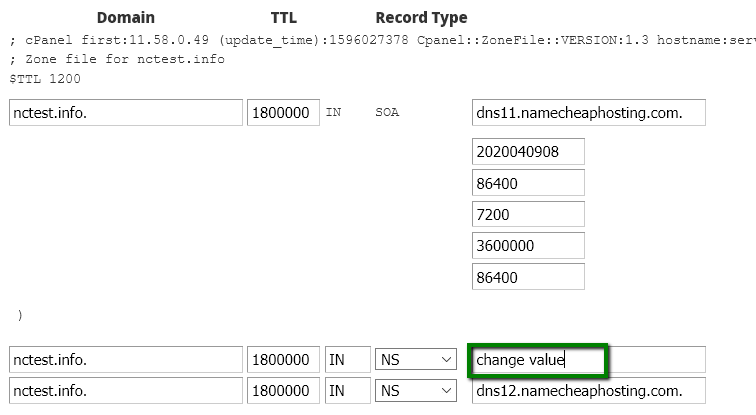
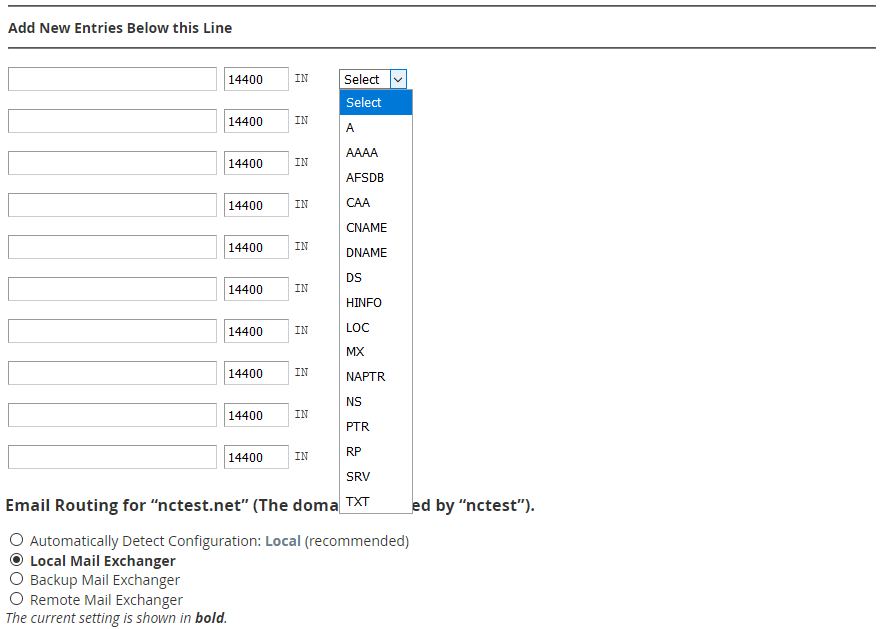
There are three major columns for coming into DNS entries for your domain:
Area — the domain title
TTL — the DNS entry’s TTL
File Style — the DNS record style
For illustration, to develop an A history for your domain, enter the details this way and click Help save once accomplished:

Make sure you Take note: When you develop a report for a subdomain, you will require to increase only the subdomain title with no including a area just after it in the Domain area. For instance, you ought to enter subdomain to create a report for the subdomain.domain.com identify.
Further ways rely on the report form you desire to increase.
AAAA record
Pick out AAAA in the drop-down menu next to the Variety area.
AAAA document, also acknowledged as ‘IPv6 deal with record’, maps a hostname to a 128-bit IPv6 tackle in the Domain Identify Program (DNS).

CAA record
Pick CAA in the fall-down menu up coming to the Kind area.
A CAA (Certification Authority Authorization) report specifies which certification authorities (CAs) can difficulty certificates for a domain.
Name: should be a domain
TTL: should be a optimistic integer (in seconds)
Flags: or 1
Tag: challenge, issuewild, or iodef
Record: have to be a legitimate zone title with the issue and challenge wild tags or a legitimate mailto or common URL with the iodef tag

CNAME history
Pick out CNAME in the fall-down menu subsequent to the Style discipline.
CNAME (Canonical Identify) points a person area or subdomain to a different domain name, making it possible for you to update a single A File each and every time you make a improve, irrespective of how many Host Documents will need to take care of to that IP handle.
Name: need to be a domain or a subdomain in dilemma
TTL: will have to be a constructive integer (in seconds)
Hostname: need to be a valid zone identify

NS document
Decide on NS in the fall-down menu following to the Sort industry.
NS (Title Server) history identifies a domain’s authoritative DNS servers.
Title: have to be a area or a subdomain in problem
TTL: ought to be a good integer (in seconds)
Hostname: will have to be a legitimate zone identify

SRV history
Choose SRV in the drop-down menu upcoming to the Kind industry.
An SRV file details a person domain to an additional domain title using a specific spot port.
Title: contains the service (the symbolic name of the desired provider) and protocol (the Protocol made use of by the service, usually both TCP or UDP)
TTL: ought to be a favourable integer (in seconds)
Priority: priority of the target host, reduced benefit usually means far more most popular
Weight: relative fat for records with the identical precedence, a better value means a extra most well-liked one particular
Port: TCP or UDP port on which the services is to be uncovered
Target: canonical hostname of the machine giving the services
Case in point:
Name: _autodiscover._tcp
TTL: 1200
Priority:
Bodyweight:
Port: 443
Focus on: privateemail.com

TXT report
Pick out TXT in the fall-down menu upcoming to the Form field.
These information hold no cost-text types of any kind. A thoroughly certified domain may well have many TXT records. The most common uses for TXT information are Sender Coverage Framework (SPF), DomainKeys (DK), DomainKeys IdentifiedE-mail (DKIM). Historically, TXT records contain human-readable data about a server, community, data centre, and other accounting details.
Title: need to be a domain or a subdomain in problem
TTL: ought to be a beneficial integer (in seconds)
Textual content Data: can’t be vacant or more than 2500 symbols

How to change MX documents and E mail Routing in WHM
An MX (Mail Exchanger) history specifies a mail server responsible for accepting email messages on behalf of a area. This file is important for e mail supply.
If there are no MX records created for your area already, scroll the web page down to the Add New Entries Below this Line part. Then, click Decide on, pick out MX history from the checklist of history kinds, and enter the vital info into the record fields correspondingly:
Area: the area title in question
TTL: have to be a beneficial integer (in seconds)
Priority: must be an integer lessen value signifies much more most well-liked
Place: will have to be a valid zone identify
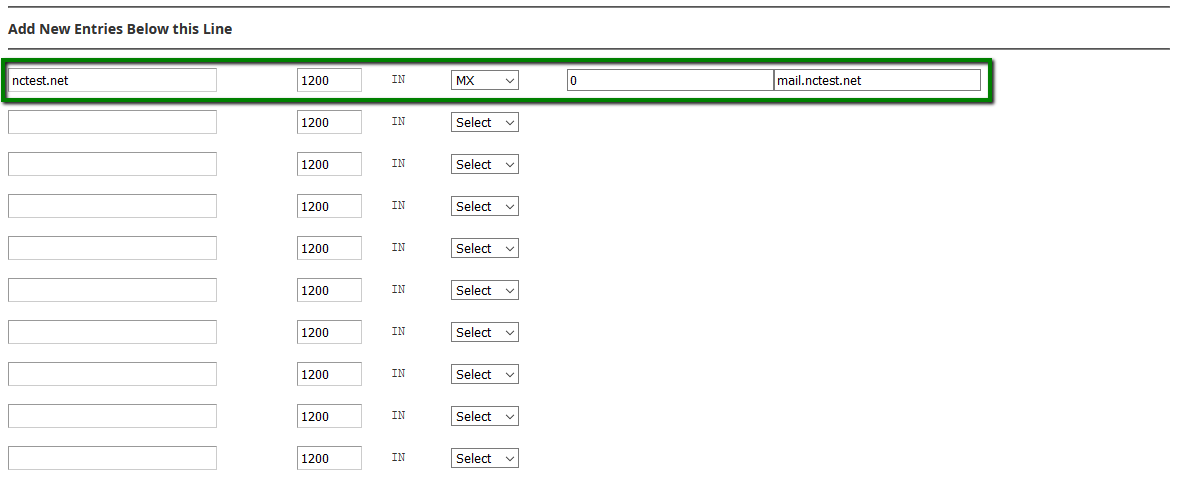
Immediately after that, you will need to opt for the E mail Routing alternative, which defines which server will be accountable for your e-mail supply area.
Neighborhood Mail Exchanger suggests that the server will normally settle for mail for your domain, and the method will produce mail to the local mailbox. This alternative must be preferred when you desire to use the cPanel e mail service.
Distant Mail Exchanger usually means that the server will not settle for mail for this domain, and the system sends all mail for this area to the most affordable numbered mail exchanger. You have to have to select it in situation you are making use of third-get together e mail companies (this kind of as GSuite, Namecheap Personal E mail, etc.) for your area.
The moment the MX document is created, and the electronic mail routing is preferred, click on Help save to ensure the alterations:
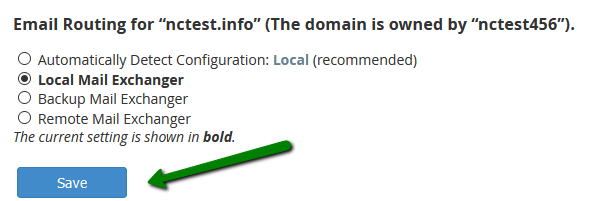
HelpDesk




Recent Comments